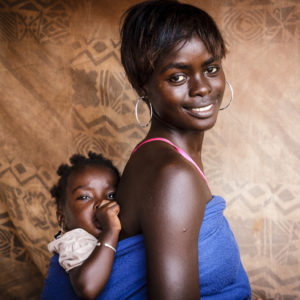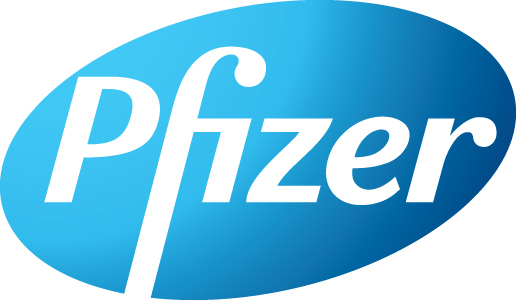The need for contraception in the developing world remains high. There are more than 200 million women in developing countries who want to delay or prevent pregnancy, but are not using contraception. And, according to the World Health organization (WHO), promotion of family planning – and ensuring access to contraceptive methods – is essential to securing the well-being and autonomy of women.* Pfizer’s contraceptive Sayana® Press was specifically developed to meet the needs of women in developing countries where they may face challenges in obtain in contraception, such as travelling to health facilities, social barriers, and a general lack of information about available contraceptive methods.

Women should decide for themselves when to become pregnant. The broad availability of contraceptives helps them to do this.
The active ingredient, depomedroxyprogesterone acetate, commonly referred to as DMPA, comes in the prefilled, single-use, auto-disable Uniject TM delivery system developed by BD (Becton, Dickinson and Company). The delivery system eliminates the need for the user to prepare a needle and syringe, and allows it to be administered outside a clinical setting, with the potential for self-in jection if locally approved. Each sub cutaneous injection prevents ovulation and provides contraception for three months.** Because of its unique contraceptive delivery technology, Sayana® Press is compact, discreet, and easily transportable.
This combination of syringe, needle and medication is manufactured in part with technology from Harro Höfliger, in cooperation with its Excellence Unitedpartner Bausch+Ströbel and Skan.
Joint efforts
Pfizer collaborates with the Bill & Melinda Gates Foundation (BMGF) and the Children’s Investment Fund Foundation (CIFF) to help broaden access to Sayana® Press for women living in some of the world’s poorest countries. As per the terms of the collaboration, organizations seeking to reach the poorest women in a defined set of priority countries can obtain the medication for USD 0.85 per dose if they have successfully passed through a process to qualify. They can then decide to make it available to women at a very low cost or even free of charge.
The effort is supported by a consortium of public- and private-sector donors and aid organizations including BD, the United Kingdom’s Department for International Development (DFID), UNFPA, the United Nations Population Fund, and the United States Agency for International Development (USAID). These organizations play an important role in ensuring that women in the world’s poorest countries have access to a full range of contraceptive options.
Since 2014, more than 16 million units have been shipped to 23 countries across sub-Saharan Africa and Southeast Asia, potentially reaching more than four million women. This commitment of all organizations helps support the goals of the United Nations 2030 Agenda for Sustainable Development to drive positive and essential change around the world, and Family Planning 2020 (FP2020), a global partnership to ensure that by 2020 an additional 120 million women have access to and use a method of modern contraception.
* World Health Organization Family Planning/Contraception Fact Sheet. http://www.who.int/news-room/fact-sheets/detail/family-planning-contraception Last accessed August 2, 2018.
** Sayana® Press professional and patient information, including the risk of bone mineral density loss and other warnings and precautions for use, can be found at https://www.medicines.org.uk/emc/product/3148.
About Pfizer Inc.
Pfizer Inc., with headquarters in New York City, was founded in 1849. It is one of the world’s largest research-based pharmaceutical and biomedical companies, dedicated to discovering, developing and manufacturing pharmaceutical and health care products. The global portfolio includes medicines and vaccines as well as many of the world’s best-known consumer health care products.
Download this article as PDF file
Photos: istockphoto.com/JordiRamisa, PATH/Gabe Bienczycki
